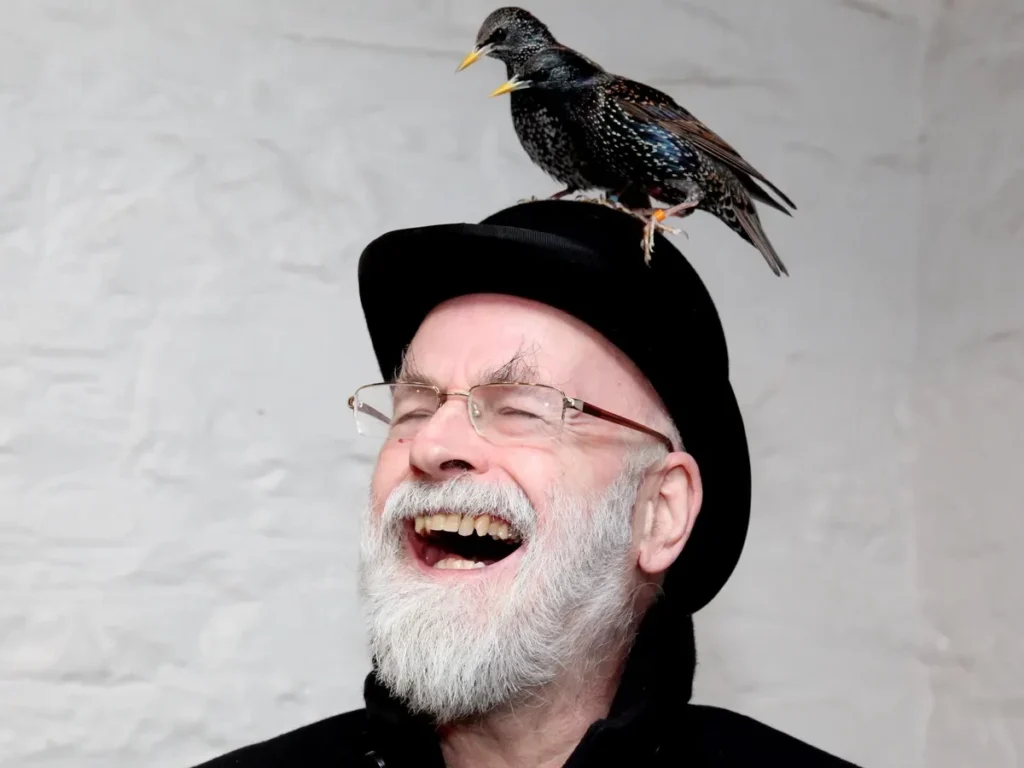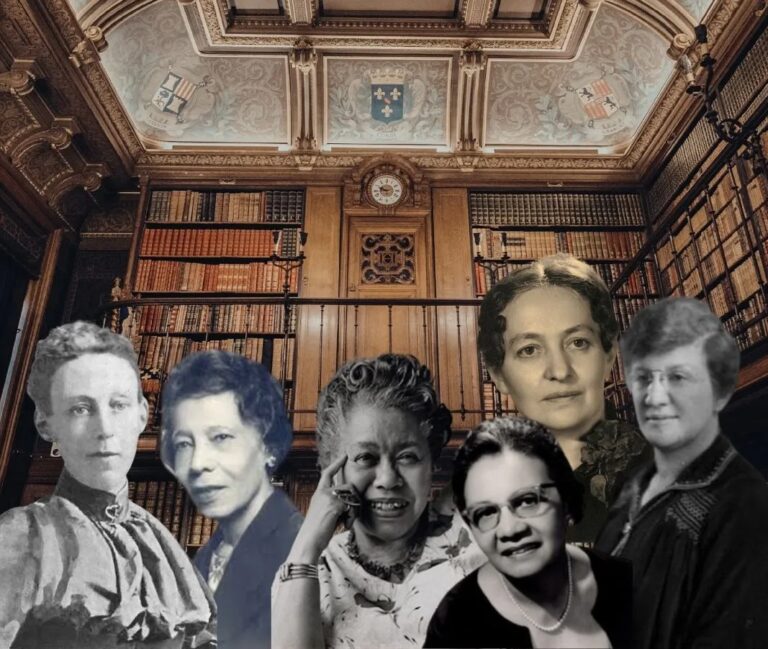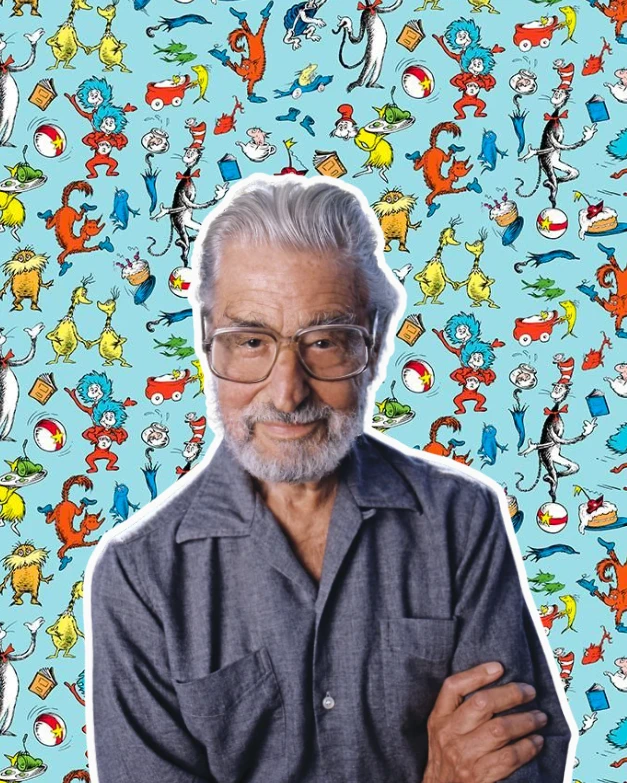Terry Pratchett’s remarkable works and timeless wisdom keep us coming back for more, a testament to his never-ending magic.
Why We Still Love Terry Pratchett
All writers are in the business of creating worlds. Whether it’s for eight straight hours on a rainy Sunday or for 45 minutes before bed after a long day at work, we dive into these worlds as readers. We lose ourselves in the universe the author has created for us.
But few writers do this as well, or as comprehensively, as Terry Pratchett. For more than forty years, Pratchett’s worlds have been beguiling readers from all over the world, providing a sumptuous wordscape to delve into. Even today, more than nine years after Terry Pratchett’s passing, the thrill of exploring his work remains undiminished. For legions of fans, the man is both sorely missed and still very much alive.
What Could Be More Real Than Discworld?
How do we define reality? What makes some things feel more ‘real’ than others? Whenever we lose ourselves in a book, we’re experiencing a sensory response to the words on the page. All authors attempt this, and all good authors manage it. But Terry Pratchett – with his astoundingly-detailed Discworld, populated by a fascinating cast of characters – goes further.

For Pratchett, the creation of the Discworld was a true labour of love. So much so that he built a rich canonical folklore to underpin it. Written with leading folklorist Jacqueline Simpson, The Folklore of Discworld was a huge hit with fans, and made that world feel all the more real.
But reality depends on science too – the physics, chemistry and biology that form the bedrock of a world. Pratchett considered this too, working with Ian Stewart and Jack Cohen on The Science of Discworld.
The result is a realised world with lasting charm.
A Treasure Trove of Work
There are prolific authors, and then there is Terry Pratchett. His body of work is truly astounding. The Discworld saga began with The Colour of Magic in 1983 and progressed through dozens of novels and companion texts, but even this is only scratching the surface.
There are short story collections, plays, and novellas for fans to engage with. Multiple other series, as well as standalone novels, add to a rich and varied set of works that stand the test of time.

In 2023, A Stroke of the Pen was published. This collection of short works was subtitled “The Lost Stories”, and added yet another piece to the enduring puzzle of Terry Pratchett’s work.
Even after the tragic loss of the great man himself, new words, new narratives, and new characters continued to emerge. A true testament to the genius of their author.
Fantasy, and Satirical Bite
Perhaps I’ve been leaning a little too hard on the ‘escapist’ aspect of Terry Pratchett’s work. Pratchett is certainly among the very best loved fantasy authors – right up there with Tolkien and C.S. Lewis – but there is more to it than this.
.webp)
Just like with any great fantasy, there is a real satirical bite and snarl to these works. The Discworld series, as rich and well-defined as it is, was never meant to be simply an alternate reality of wit and whimsy. It was intended to satirise the structures and fabrics of the world we inhabit ourselves.
With this series, Pratchett set out to satirise many of the concepts that have become familiar to us in our daily lives. The economics, culture, history and politics of the world we inhabit all fall within the series’ irreverent scope. Pratchett even turned his satirical eye on the nature of fantasy itself, effectively changing the genre forever.
Outside of the Discworld, Good Omens offered a cutting commentary on the fast food industry, and the pursuit of profit over public health. Terry Pratchett had a lot to say, and his stories provided just the right medium with which to say it.
Still With Us
Terry Pratchett has left us now. In March of 2015, the beloved author passed away, aged only 66. He’d continued writing in the final years of his life, even as a rare form of Alzheimer’s disease made the process he loved so much increasingly difficult.
He left behind more than 70 works, and – as we have seen – there would be more to follow after his death.

No one is under any impression that the world is a much poorer place without Terry. It’s an understatement to say Pratchett touched the hearts of hundreds of thousands around the world, even millions. His passing, while not unexpected, sent readers into deep mourning, just like they had lost an old friend.
And yet, in many senses, Terry Pratchett remains with us. Whenever we open one of his books and lose ourselves in his world and his characters, we are reigniting the flame of life and passion that burned so vividly within the man. And as younger readers fall in love with his words, the torch is being passed to a new generation.
Yes, in the hearts of individual readers, and in the discussions of the many book groups and reading circles that still debate his work, Terry Pratchett is very much alive.
Long may this continue.
Featured image courtesy of The Guardian.
Join our community of 1.5M readers
Like this story? You'll love our free weekly magazine.








